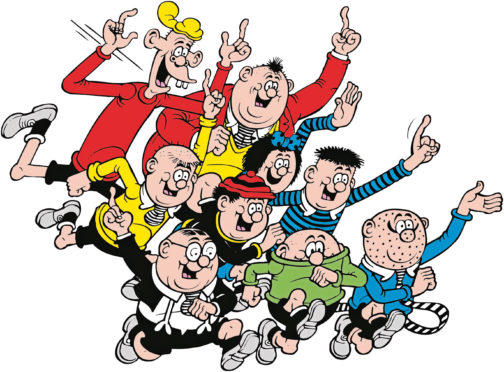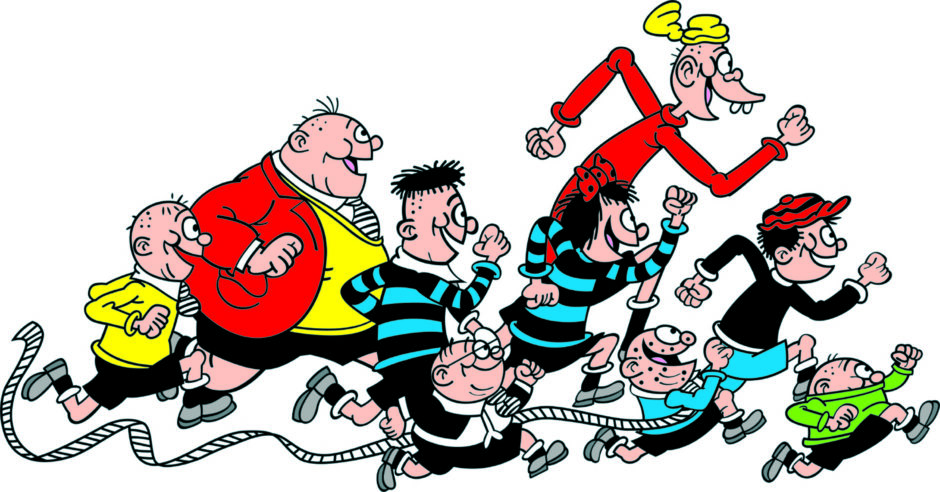
The Bash Street Kid formerly known as Fatty will now only answer to his proper name, Beano bosses have announced.
The famous comic has decided to stop using Freddy Brown’s nickname after 67 years because it now seems needlessly cruel.
The Bash Street Kids have long been one the comic’s favourite strips and were created in 1954, featuring the antics of the unruly set of nine-year-old pupils.
Freddy appears alongside classmates Spotty, Danny, Toots, Sidney, Plug, Erbert, Wilfrid and Smiffy and is often seen eating a pie, cakes or sweets. It’s understood he will not be drawn differently, despite the name change.
Mike Stirling, editorial director of Beano Studios, said the character had always been called Freddy, adding: “Kids come in all shapes and sizes and we absolutely celebrate that. We don’t want to risk someone using it in a mean way. The time is right to revert back to Freddy.
“We’ve recently received a number of letters from kids asking us why Frederick Brown was called Fatty by himself and his classmates. Although it’s always been used affectionately, and never pejoratively, we agreed it’s time it changed.”
The Beano comic, published since 1938 by The Sunday Post’s owners DC Thomson, and its stablemate The Dandy, remain hugely popular and sprang up in Britain’s post-war comics boom.

Enjoy the convenience of having The Sunday Post delivered as a digital ePaper straight to your smartphone, tablet or computer.
Subscribe for only £5.49 a month and enjoy all the benefits of the printed paper as a digital replica.
Subscribe